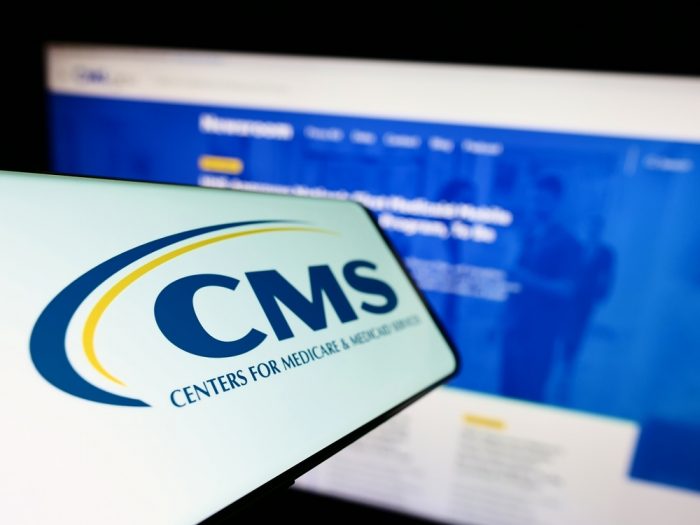Press release from the Centers for Medicare & Medicaid Services:
The Centers for Medicare & Medicaid Services (CMS) has announced that all 50 states will receive awards under the Rural Health Transformation Program, a $50 billion initiative established under President Trump’s Working Families Tax Cuts legislation (Public Law 119-21) to strengthen and modernize health care in rural communities across the country. In 2026, states will receive first-year awards from CMS averaging $200 million, within a range of $147 million to $281 million. This unprecedented federal investment will help states expand access to care in rural communities, strengthen the rural health workforce, modernize rural facilities and technology, and support innovative models that bring high-quality, dependable care closer to home.
Awardees and Funding Amounts
The Rural Health Transformation Program’s $50 billion in funds will be allocated to approved states over five years, with $10 billion available each year from 2026 through 2030. As directed by Public Law 119-21:
- 50% of the funding is distributed equally among all approved states. This provides states with a strong foundation to begin implementing their Rural Health Transformation Plans; and
- 50% is allocated based on a variety of factors. As described in the Notice of Funding Opportunity, those factors include individual state metrics around rurality and a state’s rural health system, current or proposed state policy actions that enhance access and quality of care in rural communities, and application initiatives or activities that reflect the greatest potential for, and scale of, impact on the health of rural communities. All scoring factors are outlined further in the Notice of Funding Opportunity.
Read the full press release here.
Pennsylvania submitted their plan to CMS in November, and the plan is currently being evaluated. CMS made funding awards to all 50 states, with Pennsylvania receiving $193,294,054.
RCPA continues to work with the Department of Human Services (DHS) in answering questions from members as well as gaining an understanding on the implementation values for PA specific initiatives from both funding allocation pathways.
If you have any questions, please contact RCPA COO Jim Sharp.
















